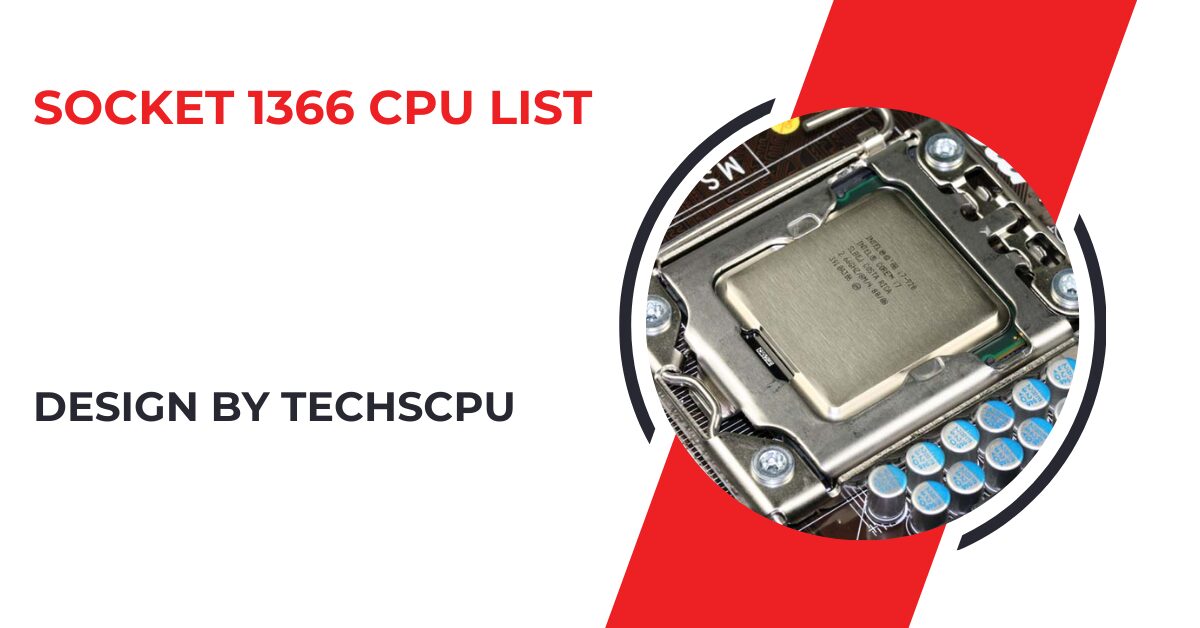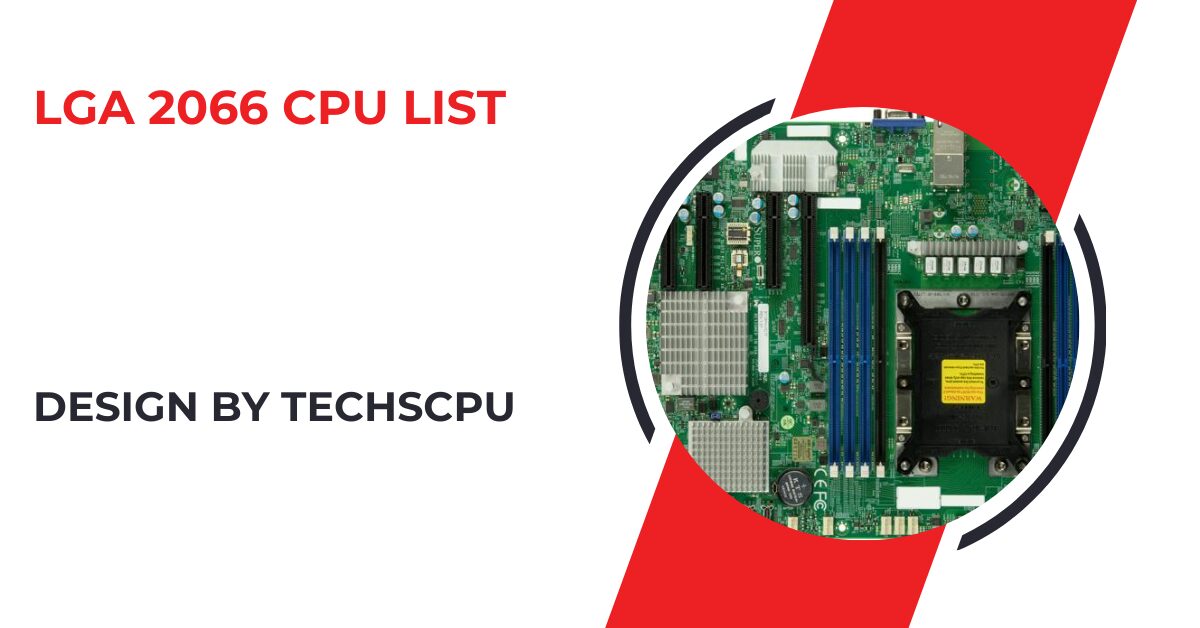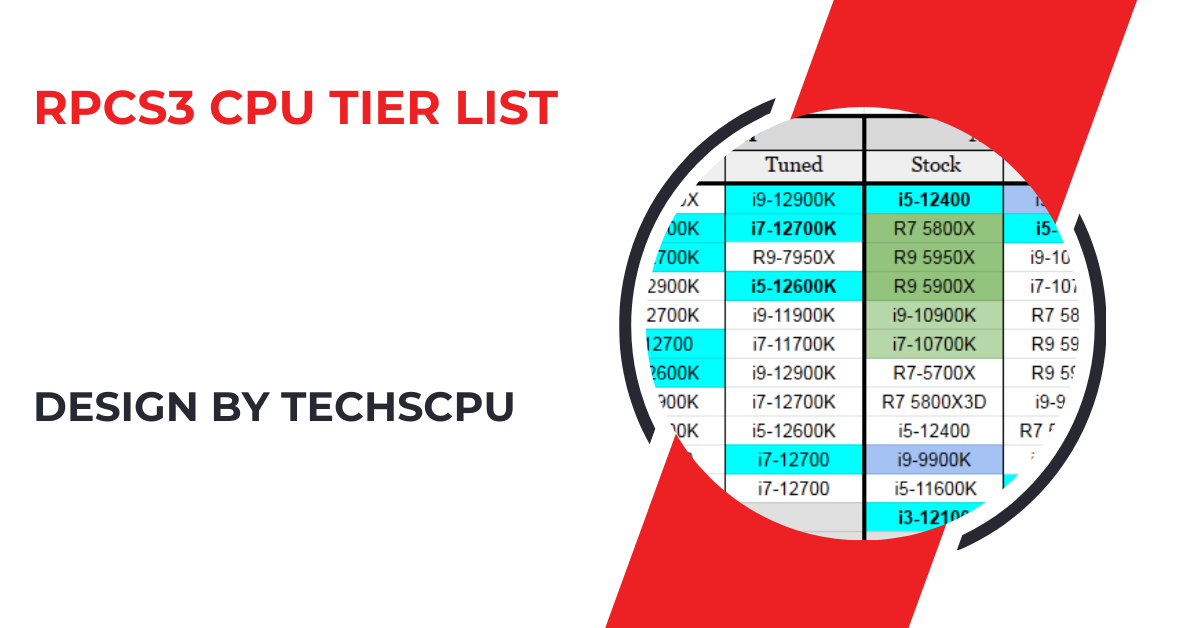Socket 1366 supports Intel’s first-gen Core i7 and Xeon CPUs, offering strong performance with triple-channel DDR3 memory. Despite newer options, it remains relevant for older systems.
Introduction to Socket 1366 CPUs:
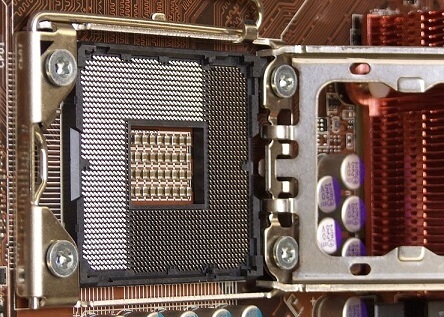
The Socket 1366, also known as Socket B, is a CPU socket designed by Intel to support its first-generation Core i7 and Xeon processors. Released in 2008, this socket supports a wide range of CPUs that offer robust performance for various computing needs.
Socket 1366 processors are known for their support of triple-channel memory and their compatibility with high-performance motherboards, making them a solid choice for both enthusiasts and professionals seeking reliable performance.
Key Features of Socket 1366 CPUs:
Socket 1366 CPUs are recognized for their advanced features that set them apart from other processors of their time. One of the most notable features is support for triple-channel DDR3 memory, which enhances data transfer rates and overall system performance.
Additionally, these CPUs come equipped with Intel’s Hyper-Threading technology and Turbo Boost, allowing for increased multitasking capabilities and dynamic performance adjustments based on workload.
These features make Socket 1366 CPUs a preferred choice for high-end gaming and professional applications.
Top Socket 1366 CPUs:
Among the top processors for Socket 1366, the Intel Core i7-980X stands out with its six cores and twelve threads, delivering exceptional multitasking and processing power. The Intel Core i7-970 offers a slightly lower core count but remains highly effective for demanding tasks.
For those seeking a balance between performance and cost, the Intel Core i7-960 provides solid capabilities with four cores and eight threads.
The Intel Xeon X5670 is a notable option for server and workstation use, featuring six cores and twelve threads. Finally, the Intel Core i7-940, while older, still offers reliable performance for basic and intermediate computing tasks.
Also Read: lga 2011-3 cpu list – A Comprehensive Guide!
Overclocking Potential:
Socket 1366 CPUs offer notable overclocking potential, especially for those processors with unlocked multipliers, such as the Intel Core i7-980X and i7-970. Overclocking can significantly enhance performance, allowing users to achieve higher clock speeds and better system responsiveness.
To achieve stable overclocking, it’s crucial to have a robust cooling solution and a motherboard that supports advanced power delivery and tuning options. Enthusiasts who carefully manage these factors can unlock the full potential of their Socket 1366 CPUs.
Applications and Use Cases:
Socket 1366 CPUs are versatile and cater to various applications, from high-performance gaming to professional workstation tasks. Their ability to handle multi-threaded applications makes them suitable for video editing, 3D rendering, and scientific simulations.
Additionally, their support for triple-channel memory enhances overall system performance, making them ideal for tasks requiring significant memory bandwidth. These processors are also a good fit for users seeking a balance between performance and cost in their computing setups.
Comparing Socket 1366 CPUs to Modern Alternatives:
While Socket 1366 CPUs were groundbreaking in their time, advancements in technology have introduced newer socket types and processors with improved performance and efficiency. Comparing these older CPUs to modern alternatives helps users understand their place in today’s market.
Newer processors offer better energy efficiency, higher core counts, and support for advanced features like DDR4 memory and PCIe 4.0. Users considering an upgrade might find significant performance benefits in switching to more recent technologies, but Socket 1366 CPUs still offer solid performance for those with existing systems.
Socket 1366 CPU Compatibility:
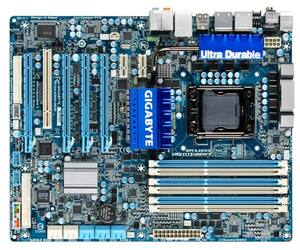
When selecting a Socket 1366 CPU, compatibility with motherboards and other components is a crucial consideration. Socket 1366 processors require specific motherboards that support this socket type, and it’s essential to ensure that the motherboard’s BIOS is up to date to support the chosen CPU.
Additionally, checking the compatibility of other components, such as RAM and cooling solutions, is important to ensure a stable and efficient system build.
Upgrading from Socket 1366 CPUs:
For users looking to upgrade from Socket 1366 CPUs, it’s important to consider the impact on the overall system. Upgrading may involve changing the motherboard, RAM, and other components to accommodate newer socket types and processors. Planning the upgrade carefully can help users maximize performance and ensure compatibility with existing or new components.
Exploring options for newer CPUs and technologies can provide enhanced performance and future-proofing for demanding applications and workloads.
Maintenance and Care for Socket 1366 CPUs:
Maintaining a Socket 1366 CPU involves regular cleaning and monitoring to ensure optimal performance. Keeping the CPU and surrounding components clean from dust can prevent overheating and potential damage.
Additionally, monitoring temperatures and system stability through software tools helps detect any issues early and maintain a smooth computing experience. Proper maintenance extends the lifespan of the CPU and helps ensure consistent performance over time.
Also Read: Is Warzone 2 Cpu Or Gpu Intensive – A Complete Guide!
The Future of Socket 1366 CPUs:
While Socket 1366 CPUs are not the latest technology, they still have relevance in certain use cases and legacy systems. As technology continues to evolve, newer socket types and processors will offer improved performance and features.
However, Socket 1366 CPUs will remain valuable for users with existing systems who seek reliable performance without the need for immediate upgrades.
Understanding the role of these CPUs in the broader context of computing technology helps users make informed decisions about their hardware choices.
FAQ’s:
1. What is Socket 1366?
Socket 1366 is an Intel CPU socket designed to support first-generation Core i7 and Xeon processors, known for its support of triple-channel DDR3 memory.
2. Which CPUs are best for Socket 1366?
Top CPUs include the Intel Core i7-980X, i7-970, i7-960, Xeon X5670, and i7-940, offering various performance levels for different needs.
3. Can Socket 1366 CPUs be overclocked?
Yes, Socket 1366 CPUs, particularly the Core i7-980X and i7-970, have good overclocking potential with the right cooling and motherboard.
4. How does Socket 1366 compare to modern CPUs?
Modern CPUs offer better efficiency, higher core counts, and advanced features, but Socket 1366 CPUs still provide solid performance for existing systems.
5. What should I consider when upgrading from Socket 1366?
Upgrading involves choosing compatible new components, such as a motherboard and RAM, and exploring modern CPUs for enhanced performance and features.
Conclusion
Socket 1366 CPUs were a significant advancement at their release, providing powerful performance and support for advanced features like triple-channel memory. While newer technologies offer enhanced capabilities, these processors remain valuable for users with existing systems, delivering reliable performance and serving as a testament to Intel’s innovation in CPU design. As technology progresses, understanding these legacy components helps users make informed decisions about their hardware and potential upgrades.
